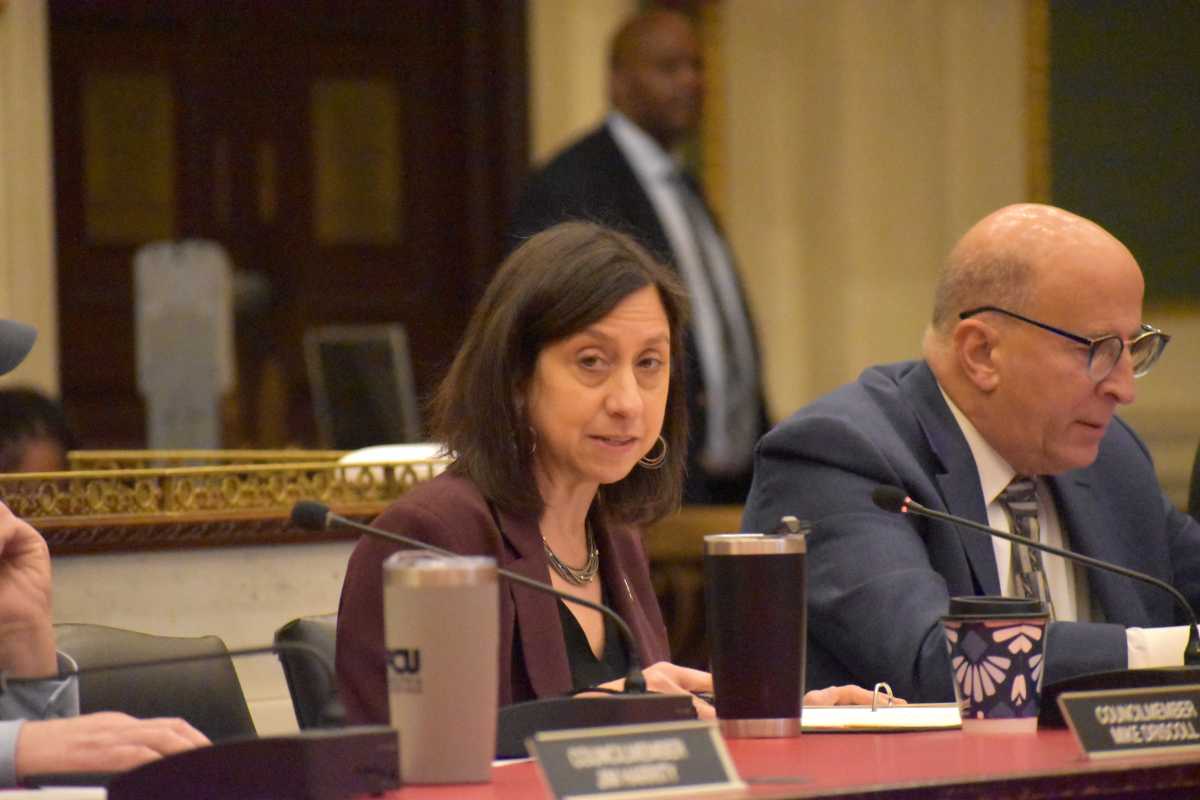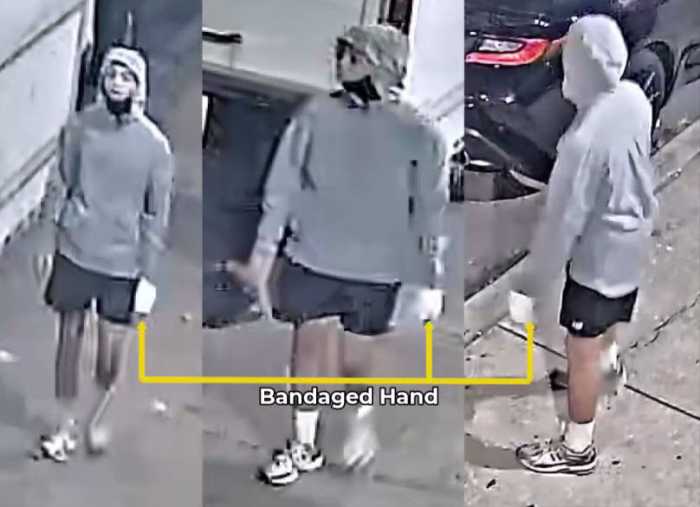The path to reentry into society for the formerly incarcerated is multi-faceted, and the Philadelphia government has a number of initiatives and elected leaders working to ease the burden of reentry. One of the ways Philly is supporting the employment of people who have been convicted of a crime is through fair chance employment practices.
“Philadelphia was at the forefront of change with fair chance hiring laws, our original law was enacted in 2011 and we were the first in the country to get citywide fair chance laws on the books for all employers,” explains Councilmember-At-Large Rue Landau.
Back in 2011, Landau was instrumental in passing that law as Philadelphia’s Director of the Commission on Human Relations, which was the office responsible for enforcing the city’s fair chance laws. The 2011 law was commonly known as the “Ban the Box” law which limited an employers’ ability to inquire about an applicant’s criminal history during early stages of the hiring process.
These laws affect a large portion of Philadelphia’s population. The Philadelphia Lawyers for Social Equity estimates that “20% of all Philadelphians have a criminal record… suggesting there are over 240,000 low-income Philadelphians with criminal records.”
Closing loopholes, strengthening protections
In her current role as a member of Philadelphia City Council, Landau is now proposing an amendment to strengthen the city’s existing Fair Chance Employment laws. Landau explains that Philadelphia was able to pave the way for the rest of the country in Fair Chance employment because of “local advocates on the ground who saw what was happening to folks with criminal records and how they weren’t able to move on with their lives.”
Now more than a decade later, she says “the advocates who pushed for the original law now see there’s some hurdles in place and that’s what we’re rectifying now.”
The bill, if passed, would close loopholes used by employers to curtail fair chance employment laws, reduce how long employers can consider old misdemeanor convictions, and protect people who exercise their fair chance hiring rights from retaliation. A representative from Councilmember Landau’s office told Metro that “We’re aiming to keep this legislation on track to pass by the end of the Spring session (which concludes June 12).”
However, reentry to society from prison and jail is much more than getting a fair chance at employment.
“We believe in a holistic response that is to say, not just a person to get a job or not just a person to get any other single item. We believe in holistic support for a person to get what they need to be successful and to not recidivate, and that comes in many components,” explained Assata Thomas, Philly’s Executive Director of the Office of Reentry Partnerships.

Multi-faceted approach to reentry
Philadelphia’s Office of Reentry provides necessities such as municipal ids, transportation, on-site job prep, and they work with Philly’s Office of Housing. Thomas explained that her office oversees the “Philadelphia Reentry Coalition, which is 100-plus organizations who do reentry work in the city.”
These organizations specialize in a myriad of services — the Philadelphia Reentry Coalition website includes a comprehensive database categorizing the groups by reentry orgs, housing, gun violence, employment, education and health. The database is broken down by zip code and type of service.
“Each organization is listed by zip code and then by the service that they provide. That’s one of the ways we’re able to say, ‘Okay, this person is living in 19132, what supportive services are available there for this person and what do they need? So we’re able to bridge the gap between what a person needs and where it’s located in the city,” explained Thomas.
Under Thomas’ leadership, there is a focus on not only bringing the formerly incarcerated back into the workforce, but also providing them with the skills necessary to thrive and stay out of the system.
“Getting a job for my office, frankly, is low hanging fruit. We can get anybody a job at Wendy’s or other places, but when you’re talking about substantial jobs, so that one doesn’t recidivate that requires supportive services that include cognitive behavioral intervention to support those soft skills, as it were,” said Thomas.
But how accessible are these services?
“How readily the services are available, I would say depends upon what service that they need, and how readily can they be seen in my office? If they walk in today, they’ll be seen today. So in terms of being able to have contact with the Office of Reentry partnerships, that’s on demand,” stated Thomas.
Where to start
In Philadelphia there are a number of nonprofits and companies in the private sector that are addressing fair chance employment. City Councilmember Rue Landau is looking to expand the rights of Philadelphians with criminal records, and the Office of Reentry Partnerships is available to assist those ready to reenter the job market.
If you or someone you know is struggling to get on their feet after incarceration, these are a few good places to start.





























